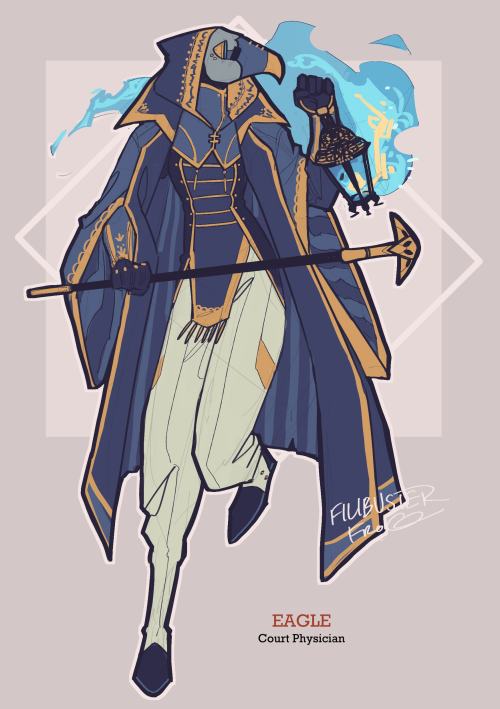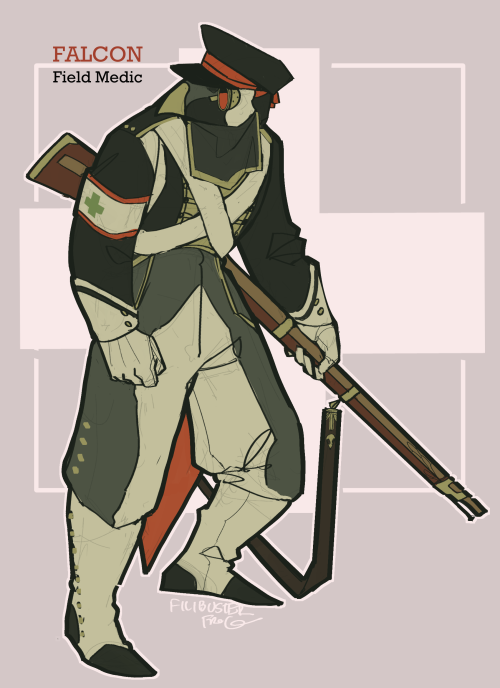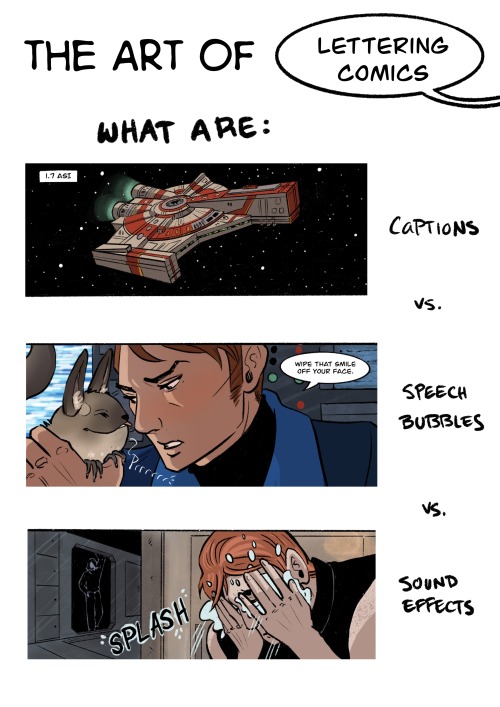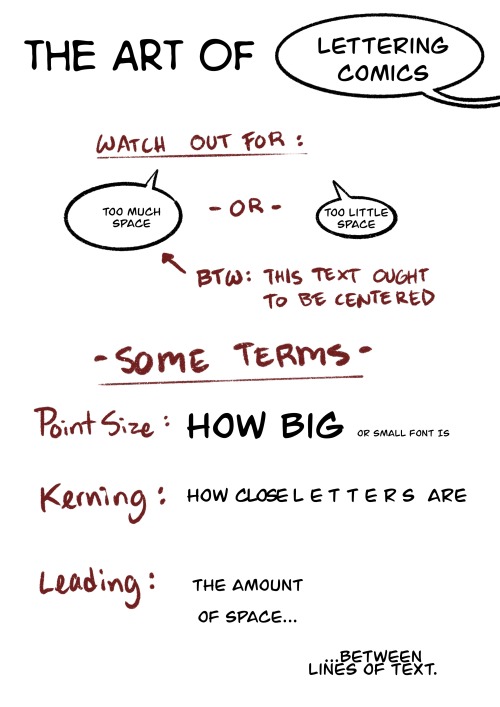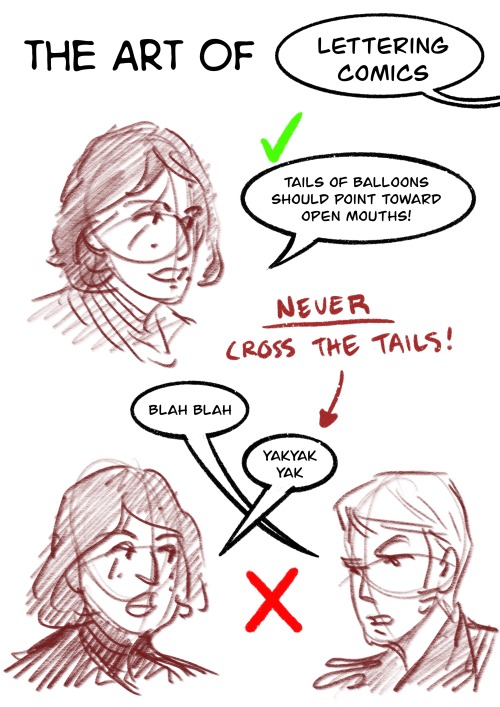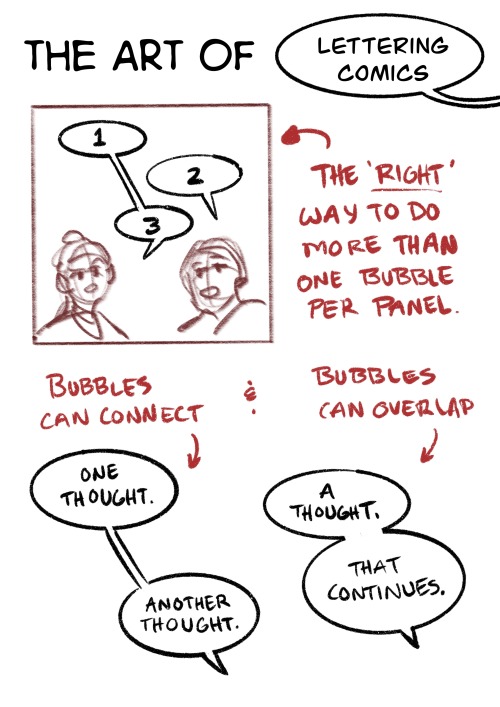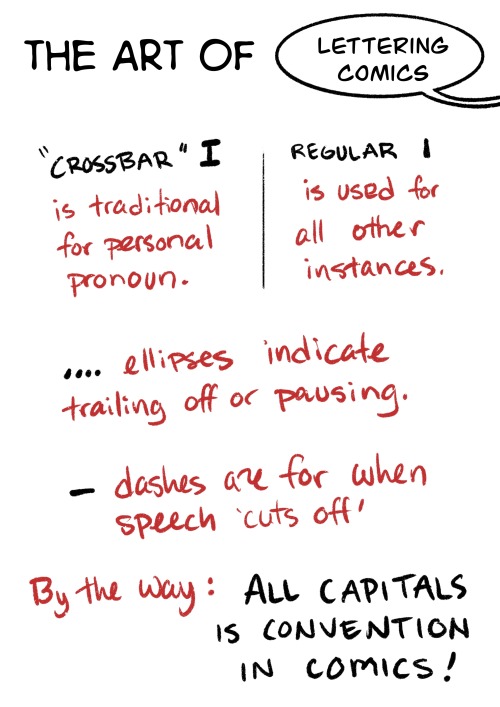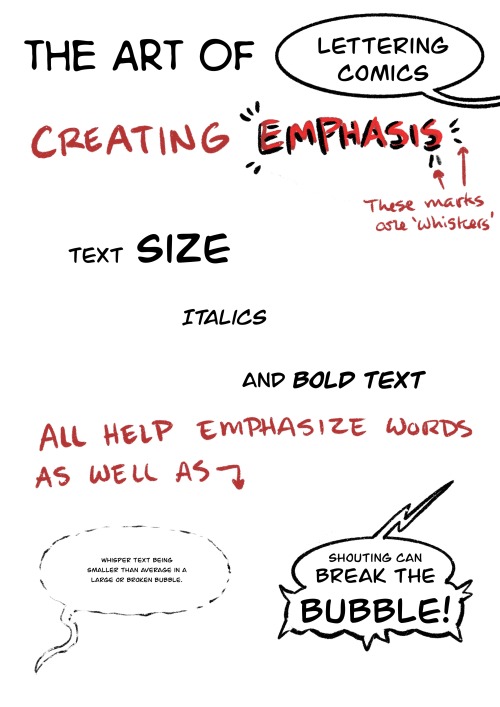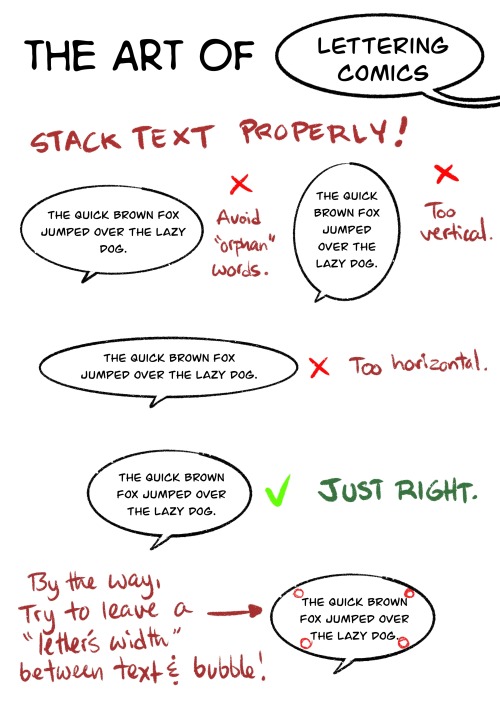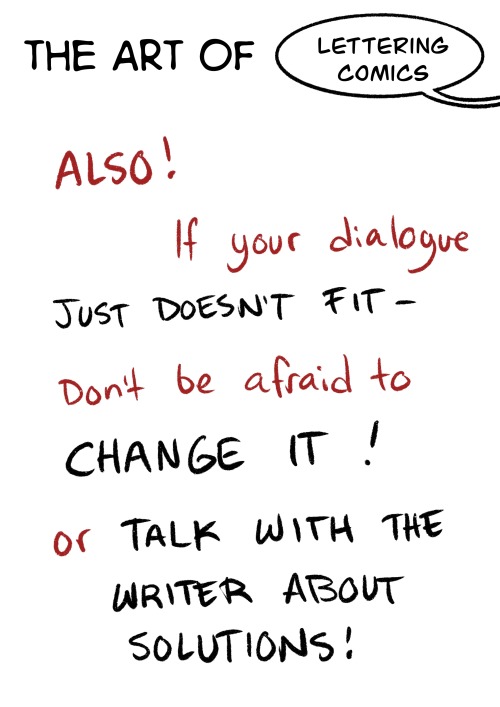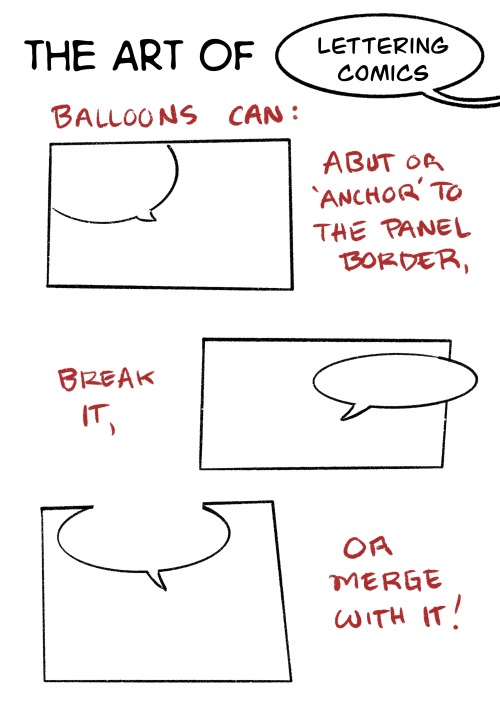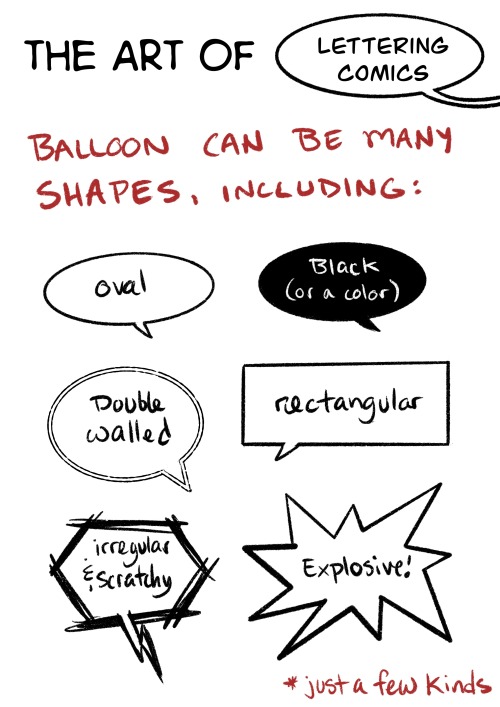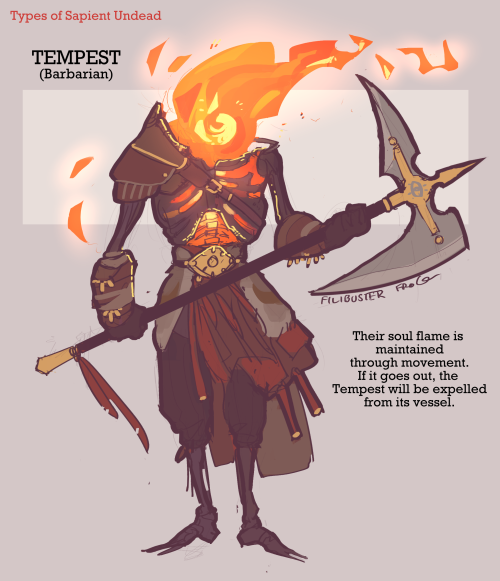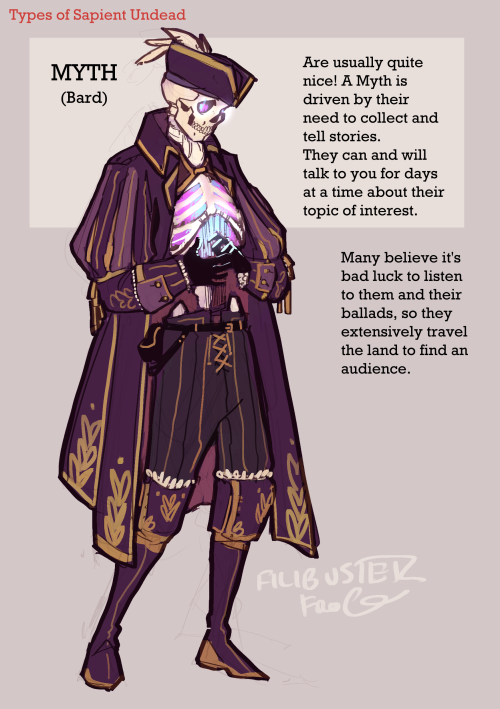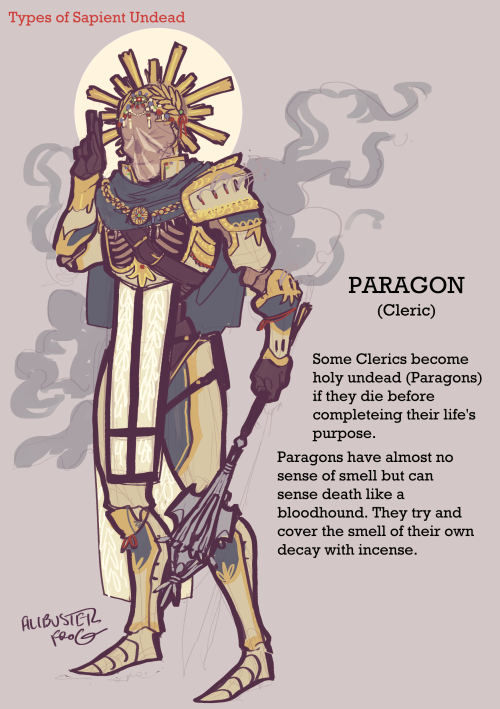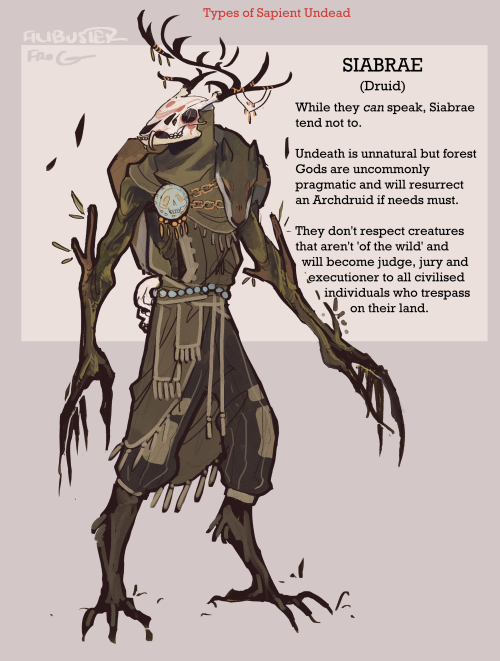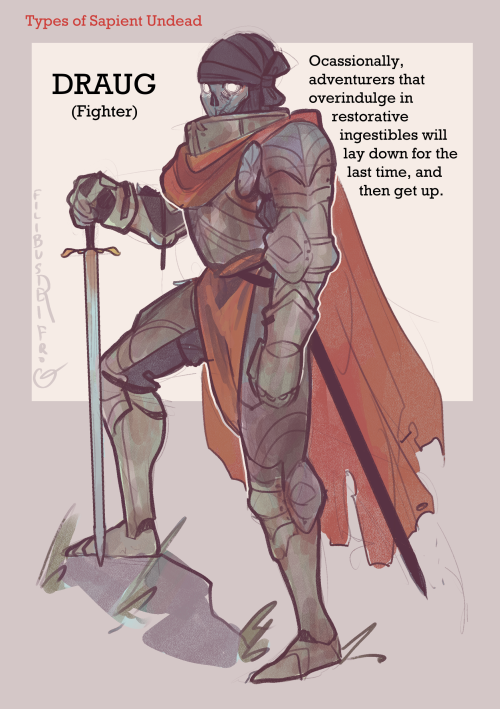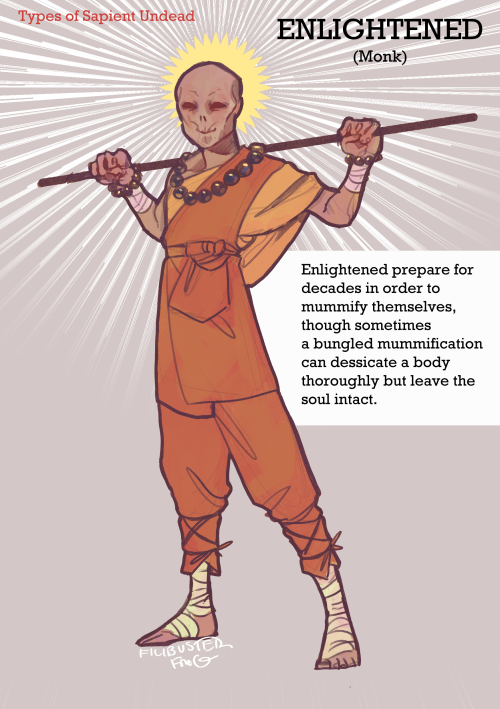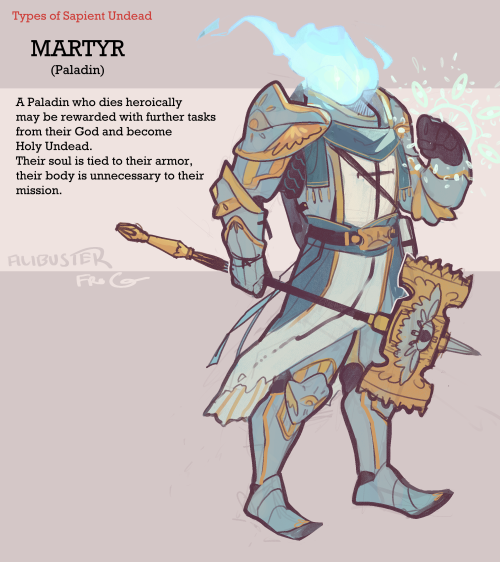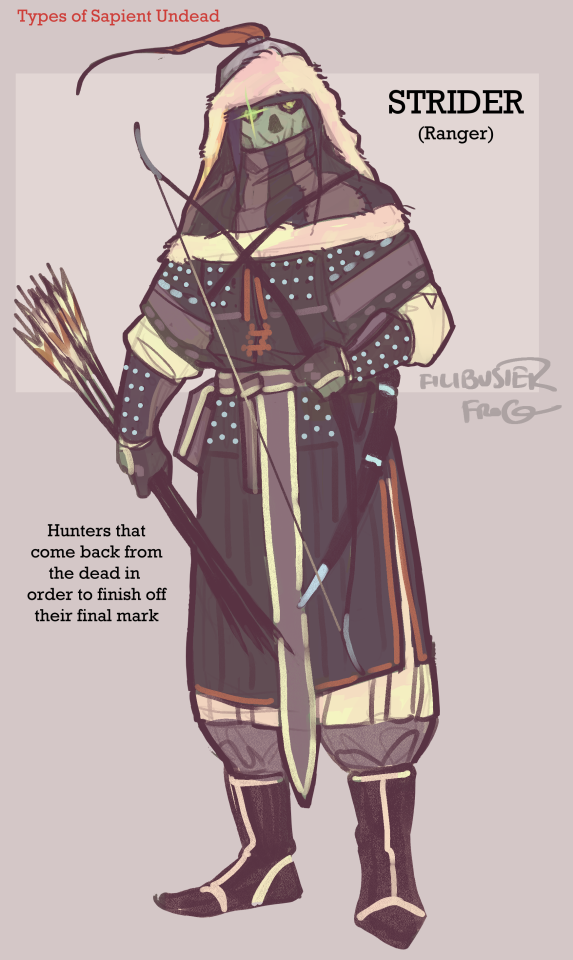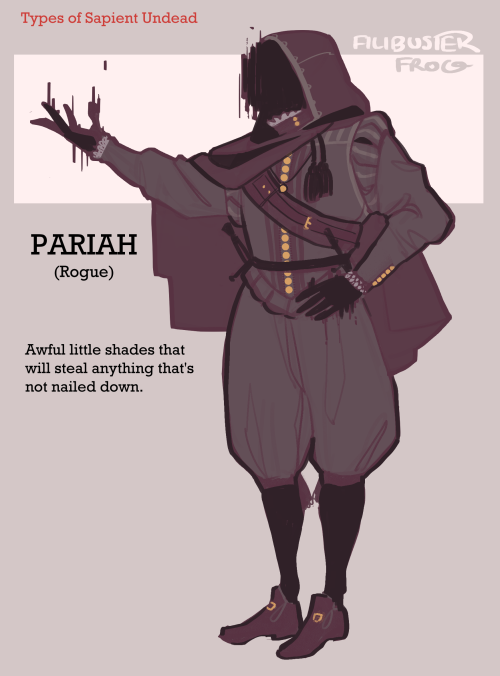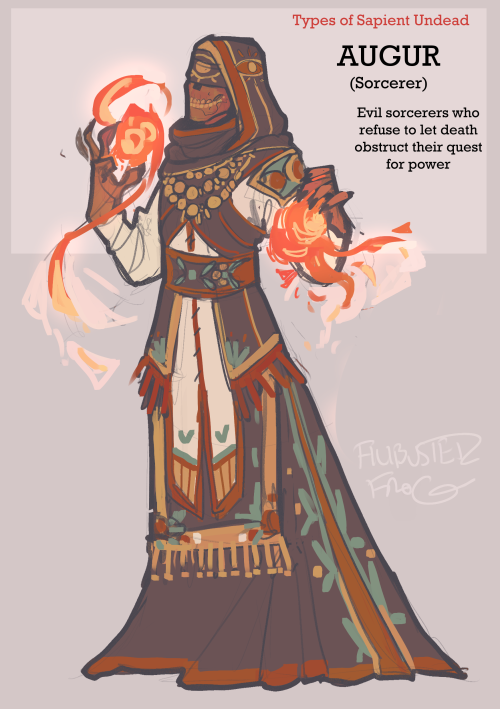Some Slightly Different Wordlbuilding Activities
Some slightly different wordlbuilding activities
Ones I haven’t seen as often but apply myself.
1.- Bedtimes stories you tell to children, or lullabies. They can be based in location or species. They can tell us about the world, history, beliefs or something specific about a creature. It can be fun to think of their origin, how they’ve changed over the years and both the meaning that was lost and the meaning that was added.
2.- Fashion choices. I often let fashion be different for different creatures. I usually create a practical outfit that makes sense historically within the context of my world and then evolve it until I get to the present day of my story. Preferably splitting of into branches and allowing more options. It can tell us about a specific species, about their history and about how the climate has changed, or how they moved locations at some point and had to adapt their clothing to a new climate.
A very simple example of this from my own book would be the mage’s cloak! Link to a longer post about it. Basically, mages would wear a simple one piece fabric that was easy to then set an illusion over, no wasting time mixing trousers and tops. Over time some mages stopped using illusions, seeing the outfit as acceptable. It became a staple, you saw the cloak, that wasn’t a human but a mage. And then younger generations began personalising the material, instead of boring black, white or brown they started using floral patterns, adding in cool sleeves or hoods!
Initially, it was practicality, but it evolved.
3.- Think about what each species does for fun! I often read YA fantasy where the stakes are so high there is no leisure, no downtown, no fun, no hobbies. But this is a great opportunity! What’s popular in your world? Books, plays, board games, long walks, playing sport? Seeing characters just chill can be a great change of pace and allow for some insight into their lives and the world they live in.
4.- What is imported? And why? Sometimes imports are just practical, we don’t have wool here (unlikely, sheep are literally everywhere, but you get the point), wool is good for clothes, we import it. But other times it’s more complicated.
Perhaps a species moved across the country at some point, but they were accustomed to a certain type of tea, fruit for certain festivities, so on, so on, and habit dies hard, so, importation becomes a thing.
So those are my four world-building tips for today. I’ve said it before and will say it again, there is no master list, not check list, world-building is something you can figure out as you go in most genres (some epics may requiere more prep time). What’s important is to keep track of what you’ve said and stay consistent, but you don’t need to know everything before going in.
As usual, check out my book, stories I’ve written plus other social medias: here.
How’s your world coming along?
More Posts from Ladyforger and Others


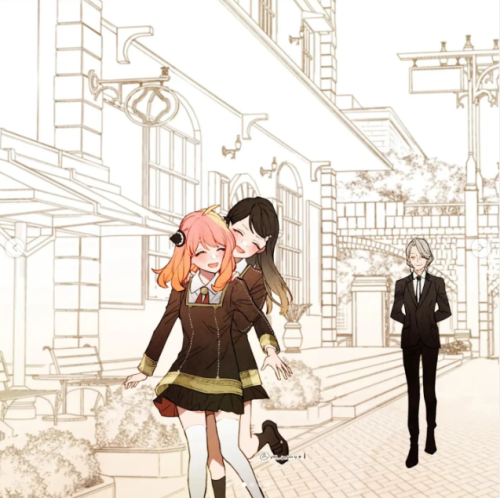
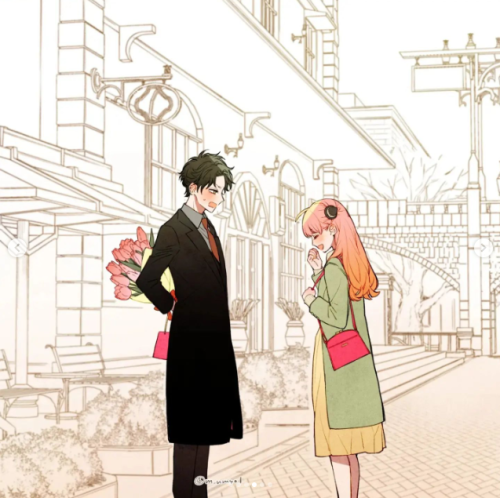
I don't know what I'm doing when I draw 90% of the time but here's how I make my paintings✨










Jack! I need urgent assistance!
Why the fuck is it so hard to make a realistic fictional language?!
I have literally scoured the deepest, darkest places of the internet to try and understand how to make my own fictional language that is important to story but I just don’t get it.
I have watched behind the scenes Star Trek, Game of Thrones, and Avatar to try and understand how they came up with such beautiful and articulate languages but once again, came up empty, it’s like trying to explain physics to a donkey AKA me.
Can you help me? And if you can, please explain it to me like I am a dumb toddler trying to learn how to write my name for the first time?
Oof. Now, there's many conlang guides out there, but they're all for people who actually like conlanging and I, dear reader, do not. I hate conlanging, I suck at it, and analytic grammar is a consistent foe of mine that I cannot beat. But, conlanging is one of the best ways to introduce a whole heaping helping of realism to your setting as well as getting you to really think about how said setting works as you need to figure out what would have an individual word and why. Now that'll make sense in a moment, I promise.
But first...
Jack's Quick 'n Dirty Guide To Conlangs For If You Hate Conlanging
Step One: sounds.
Sounds (ha!) easy right? Weeeeeell... yes and no. Now, the easy part is making the sounds, really. Just start babbling in a way that you want your conlang to sound like and get going! Sing a bit, put on whatever accent you want, really have some fun with it until it sounds right. You got that? Good, now note that down in plain text as best as you can. Do whatever makes sense to you, but make sure you know exactly how to pronounce the sound once you've annotated it so you can reproduce it later, trust me on this one. But now comes the hard part.
Step Two: IPA
If you don't know what IPA is, bless your heart you innocent soul, you're about to learn something that will make you lose a bit of innocence today. IPA stands for the International Phonetic Alphabet and it can annotate the exact pronunciation of any words in any language in the world. If you've ever had a dictionary in front of you and you see that little section underneath the word where it's written again but like, with upside down Es and symbols that look like æ and đ and even ɮ? Congrats, you know what IPA looks like. Now, this thing was designed by some very clever people with an eye for thoroughness but not for practicality. See, it can notate every pronunciation there is, but boy oh boy, will it not make that easy for you. Read up on it anyway, learn how to use it, pull out an afternoon for it, you're gonna need it. IPA Chart is a good website that will help you out here, it's an interactive version of the IPA alphabet with short pronunciation sound clips attached to each symbol. Done all that? Good. Now we get to the really bitchy part.
Step Three: notate every funny sound you made down in IPA
Yes, every single one. Pull up an excel spreadsheet, notate the plain text in one column, a pronunciation in the second, and leave a third open for later. Notate every single word as best as you can, and make sure to save your work. This is gonna be long work, this is gonna be tedious work, and it's gonna be necessary work. You won't like it, you won't have fun, but future you will thank you and you would do anything for that bitch so get notating until you get to
Step Four: What does anything even mean????
Finally, some fun again. Now we get to the part where you get to assign meaning to each sound you've produced. Remember how I advised you to sing a little song? Yeah? Excellent. A quick and easy way to get a bunch of words sorted is to write a roughly similar song in a language that does exist and one you preferably understand already, and use that as a "guide" of what each word is "supposed" to mean. Make your own rosetta stone! Give yourself a break, trust me, it's much easier this way. And don't be afraid to get creative. See one sound or syllable you used a lot? Great, that can be a pronoun or an article or something else that's often used in a language.
Example: I liked the word "ra" a lot, so that's the word for "I" in Karilaa. From there I picked a few other words I liked and roughly hashed out the following
Ra = I
Ta = You
Su = We
Vu = They
Easy, good, simple. I don't bother with gender because fuck gender, but if you want it, go for it champ, now's the time. And you know what else I noticed while doing this? I was using "ra" and "ta" a lot in the last syllables of words, so I figured out how tenses work in my language as well in one fell swoop and made them affixes to verbs.
Really, there are no rules, so make them up to suit whatever aesthetic you want your language to have, but make sure to write everything down. No exceptions. Everything has to be written down.
Step Five: Rinse and repeat
Congrats, you now have some basics of a language! You can basically use and reuse this recipe to get More Language of the language you already have and guess what! Now you already have some language so you won't have to start from scratch! It's like a sourdough starter! Now ain't that neat. Now, if you do this and keep meticulous notes like I told you to you'll essentially be building up your own dictionary as you go, ready to consult for all your future conlanging needs.
Now, is this how good conlangers do it? No! Hell no! Absolutely not! But I'm not a good conlanger, and if you want this guide, neither are you. I'm sorry, but I'd rather you hear it from me than them when they invoke J.R.R. Tolkien's ghost to roast you. This is a guide for people who want a conlang but suck at conlanging. This is a guide for people who can't do it all neat and according to the rules but need to brute force a bitch in order to get some practical results for immediate use.
Now go forth and create!
-
 eternalparadisearchive reblogged this · 1 week ago
eternalparadisearchive reblogged this · 1 week ago -
 newdawnhorizon reblogged this · 4 months ago
newdawnhorizon reblogged this · 4 months ago -
 tuney-dreemur reblogged this · 4 months ago
tuney-dreemur reblogged this · 4 months ago -
 learn-something-maybe reblogged this · 9 months ago
learn-something-maybe reblogged this · 9 months ago -
 blueberrywhale123 liked this · 10 months ago
blueberrywhale123 liked this · 10 months ago -
 keeperofsecretsunderthehill liked this · 10 months ago
keeperofsecretsunderthehill liked this · 10 months ago -
 thetwistedarchives liked this · 11 months ago
thetwistedarchives liked this · 11 months ago -
 ratwhowrites liked this · 11 months ago
ratwhowrites liked this · 11 months ago -
 someoneknowmewell liked this · 1 year ago
someoneknowmewell liked this · 1 year ago -
 writingofmoonshadows reblogged this · 1 year ago
writingofmoonshadows reblogged this · 1 year ago -
 sunnyjustice reblogged this · 1 year ago
sunnyjustice reblogged this · 1 year ago -
 honeyperched liked this · 1 year ago
honeyperched liked this · 1 year ago -
 lavish62882 liked this · 1 year ago
lavish62882 liked this · 1 year ago -
 fuck-you-unfollow liked this · 1 year ago
fuck-you-unfollow liked this · 1 year ago -
 protector-of-bi-han liked this · 1 year ago
protector-of-bi-han liked this · 1 year ago -
 caranthira reblogged this · 1 year ago
caranthira reblogged this · 1 year ago -
 mysteries-x-mistakes reblogged this · 1 year ago
mysteries-x-mistakes reblogged this · 1 year ago -
 r4ch3lm0g4n reblogged this · 1 year ago
r4ch3lm0g4n reblogged this · 1 year ago -
 r4ch3lm0g4n liked this · 1 year ago
r4ch3lm0g4n liked this · 1 year ago -
 nothingmorethanfiction reblogged this · 1 year ago
nothingmorethanfiction reblogged this · 1 year ago -
 elgringo300 reblogged this · 1 year ago
elgringo300 reblogged this · 1 year ago -
 thewriteflame reblogged this · 1 year ago
thewriteflame reblogged this · 1 year ago -
 calicowrites liked this · 1 year ago
calicowrites liked this · 1 year ago -
 whimsy-of-the-stars liked this · 1 year ago
whimsy-of-the-stars liked this · 1 year ago -
 elgringo300 liked this · 1 year ago
elgringo300 liked this · 1 year ago -
 liliakatie liked this · 1 year ago
liliakatie liked this · 1 year ago -
 kalonae reblogged this · 1 year ago
kalonae reblogged this · 1 year ago -
 kalonae liked this · 1 year ago
kalonae liked this · 1 year ago -
 akindofmagictoo reblogged this · 1 year ago
akindofmagictoo reblogged this · 1 year ago -
 fourthwingisajoke liked this · 1 year ago
fourthwingisajoke liked this · 1 year ago -
 burningbrowni3 liked this · 1 year ago
burningbrowni3 liked this · 1 year ago -
 mysteryallaround liked this · 1 year ago
mysteryallaround liked this · 1 year ago -
 va-nila-bean liked this · 1 year ago
va-nila-bean liked this · 1 year ago -
 gailynovelry reblogged this · 1 year ago
gailynovelry reblogged this · 1 year ago -
 midstorycrisis liked this · 1 year ago
midstorycrisis liked this · 1 year ago -
 sysrohamarcent liked this · 1 year ago
sysrohamarcent liked this · 1 year ago -
 rstrawberrytea liked this · 1 year ago
rstrawberrytea liked this · 1 year ago -
 thestarlightgazer liked this · 1 year ago
thestarlightgazer liked this · 1 year ago -
 talesabound reblogged this · 1 year ago
talesabound reblogged this · 1 year ago -
 notanovascotian liked this · 1 year ago
notanovascotian liked this · 1 year ago -
 sparky2543 liked this · 1 year ago
sparky2543 liked this · 1 year ago -
 thehideoutofxtm reblogged this · 1 year ago
thehideoutofxtm reblogged this · 1 year ago -
 thehideoutofxtm liked this · 1 year ago
thehideoutofxtm liked this · 1 year ago -
 doohans reblogged this · 1 year ago
doohans reblogged this · 1 year ago -
 sidebyside-withafriend liked this · 1 year ago
sidebyside-withafriend liked this · 1 year ago -
 thegrievingyoung liked this · 1 year ago
thegrievingyoung liked this · 1 year ago -
 skogskisse liked this · 1 year ago
skogskisse liked this · 1 year ago -
 geth-consensus liked this · 1 year ago
geth-consensus liked this · 1 year ago -
 blue-eli liked this · 1 year ago
blue-eli liked this · 1 year ago -
 corishadowfang reblogged this · 1 year ago
corishadowfang reblogged this · 1 year ago

Loid/Yor (SxF) fic writer. +20. Twitter: @forgersarchive. Ao3: LadyForger.
34 posts
















